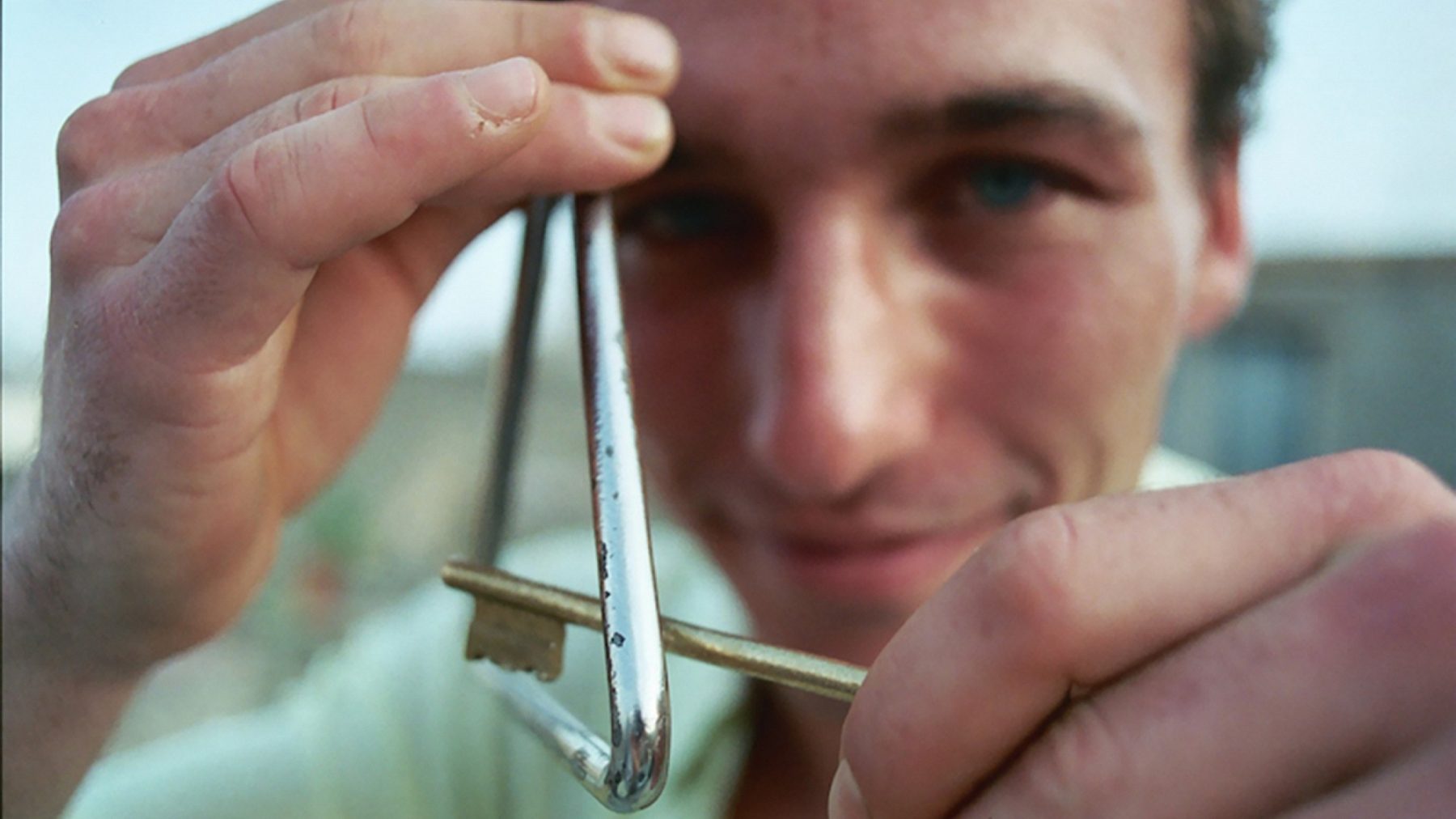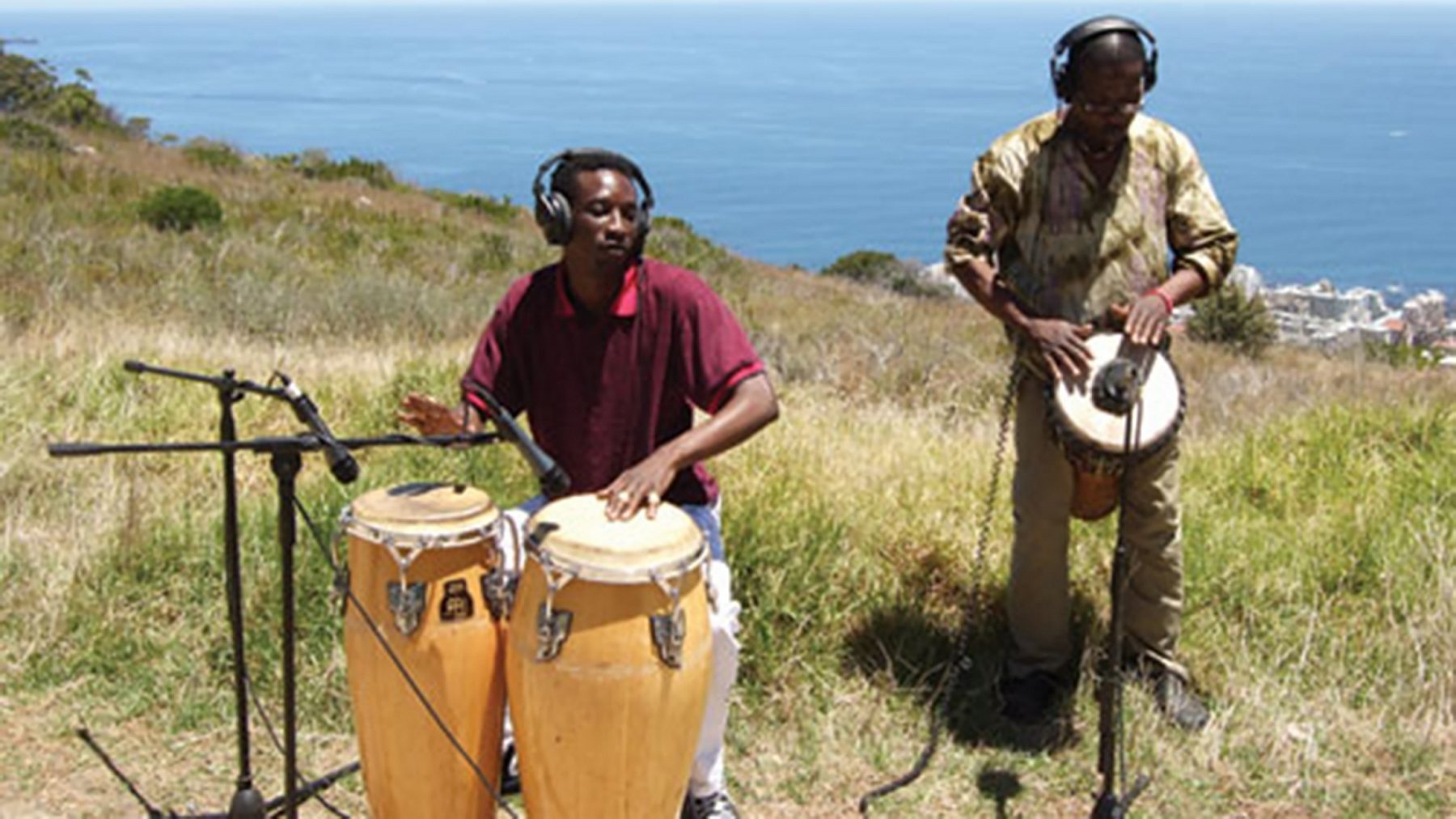
Joãozinho Morgado
Joãozinho Morgado is the creator of the new and contemporary semba rhythm pattern and, through his significant contribution, he is the most recorded artist in Angolan popular music and distinguishes his creative process through constant evolution. With his signature rhythm pattern and his very distinctive unique and amazing flavor (sabor), he has been part of so many successful and great hits in the Angolan music scene with a strong impact across multiple generations.
He came from a lineage of traditional percussionists, from his grandfather João Dya Nguma, to his mother, Antonica João Martins, well known as Antonica Dya Geraldo, a "Bessangana" (woman dressed in African traditional attire with beads and adornments) from the island of Luanda who taught him how to play Ngomas (Batuque). His mother was very important and a leader percussionist of cultural manifestations of Ludique and Xinguilamento "the power of the African ancestors," a ritual ceremony of evocation of spirits, trance and healing, a very old and symbolic feature of the Axiluandas, the natives of the island of Luanda.
Joãozinho’s father Mestre Geraldo Lourenço Morgado, an accordionist, composer, choreographer, dynamic cultural promoter and very respected musician, was an icon of traditional Massemba (Umbigadas), also known as Rebita music and dance (Rebita’s name was given by the Portuguese). He was also a very important figure on the Angolan Carnival celebrations in Luanda, having participated and created various groups: Feijoeiros do Ngola Kimbanda, Novatos da Ilha, and União Mundo da Ilha.
During the Golden age of Angolan music, in the 60's and late 70's, Joãozinho Morgado was a very active musician with the highest demand of participation and recorded with almost every major popular artist in Angola. Recently, Joãozinho has officially been recognized by the Angolan music industry and cultural critics and been given the title of the “King of Drums” (O Rei dos Tambores), because he successfully exposed, through sound new ways, to value and treasure the Angolan traditional music and rhythms.
Gerelateerde Video's

Mona Ki Ngi Xica feat. Bonga | Song Around The World





